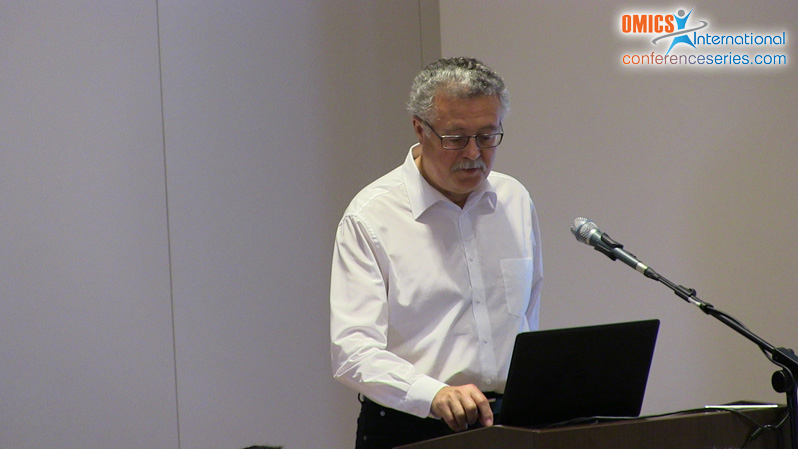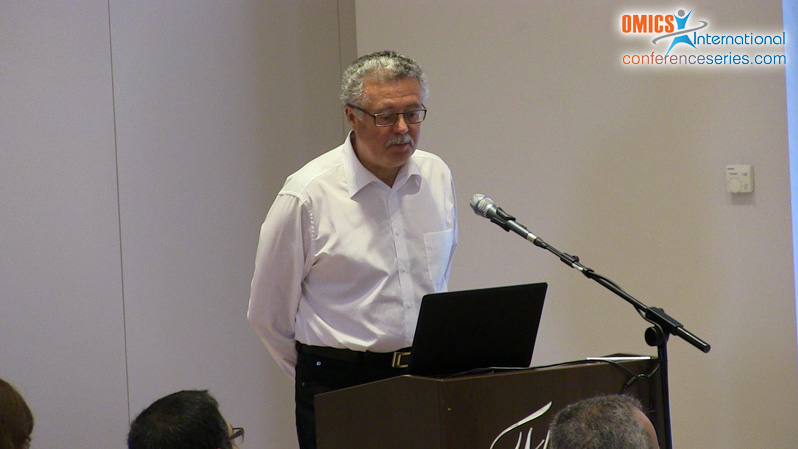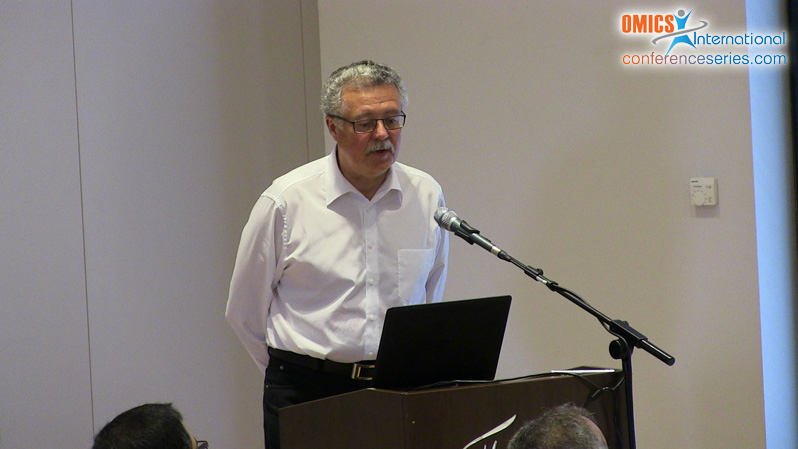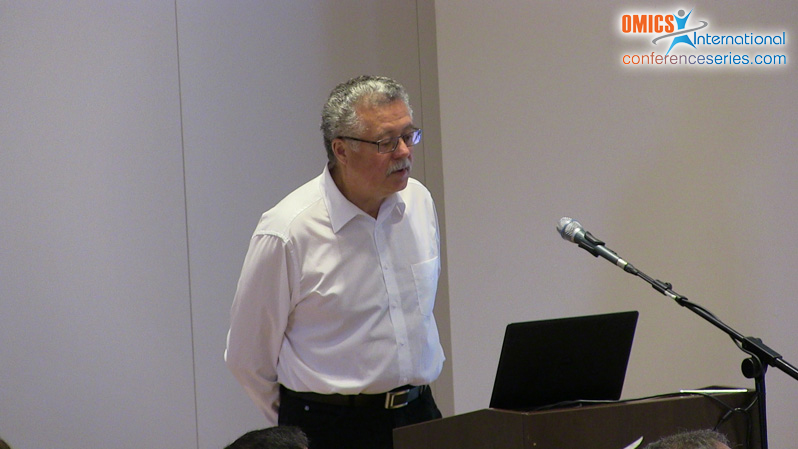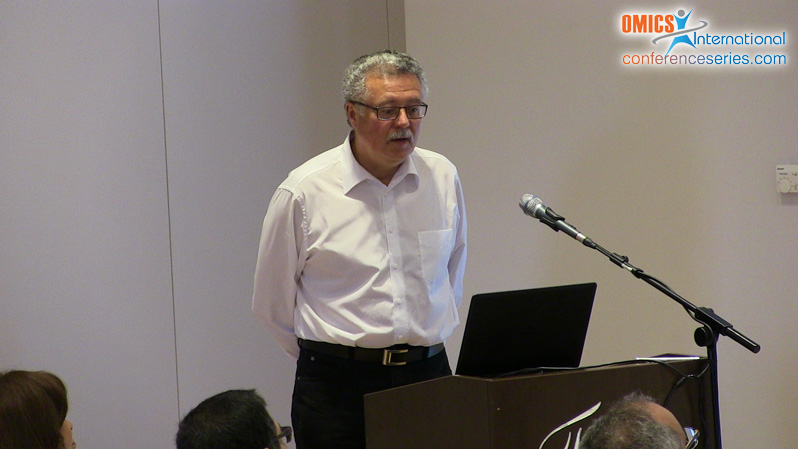
Guido Krupp
Amptec GmbH, Germany
Title: Synthetic mRNAs present a rapidly growing technology: Optimised tool for stem cell generation and for manipulating cellular phenotypes
Biography
Biography: Guido Krupp
Abstract
Availability of high quality synthetic mRNAs (syn-mRNAs) has enabled progress in their applications. Growing interest of private investors and big pharma has created a novel billion $ business. A rare situation was there in which two German enterprises are among the three top players in the field. Amptec recognizes its obligation to support new players by providing customized, high quality mRNA products. Requirements in the application of mRNA-mediated manipulation of cells were (i) expression of antigens in dendritic cells for vaccination in oncogenesis, infectious disease and allergy prevention; (ii) reprogramming of fibroblasts to induced pluripotent stem cells with subsequent differentiation to the desired cell type; (iii) applications in gene therapy. A recent overview presents applications and corresponding syn-mRNA quality requirements. Syn-mRNAs can be generated by In-Vitro Transcription (IVT) from templates containing the synthetic gene. In principle, linearized plasmids can be used as templates. However, this procedure is hampered by several disadvantages such as incomplete plasmid cleavage resulting in poor reproducibility; and high amounts of plasmid DNA introducing undesired bacterial components with possible complications of in-vivo applications. Furthermore, optimal mRNA activity depends on a very long, unmasked poly (A) tail, ideally 120 nucleotides long. But, long homo-polymeric repeats are unstable in bacterial cells. We have developed an alternative procedure, with well defined PCR products as IVT-templates. This approach and detailed quality requirements for synthetic mRNAs are presented. Problems which were observed in IVT-based mRNA synthesis are shown, combined with problem solutions.

